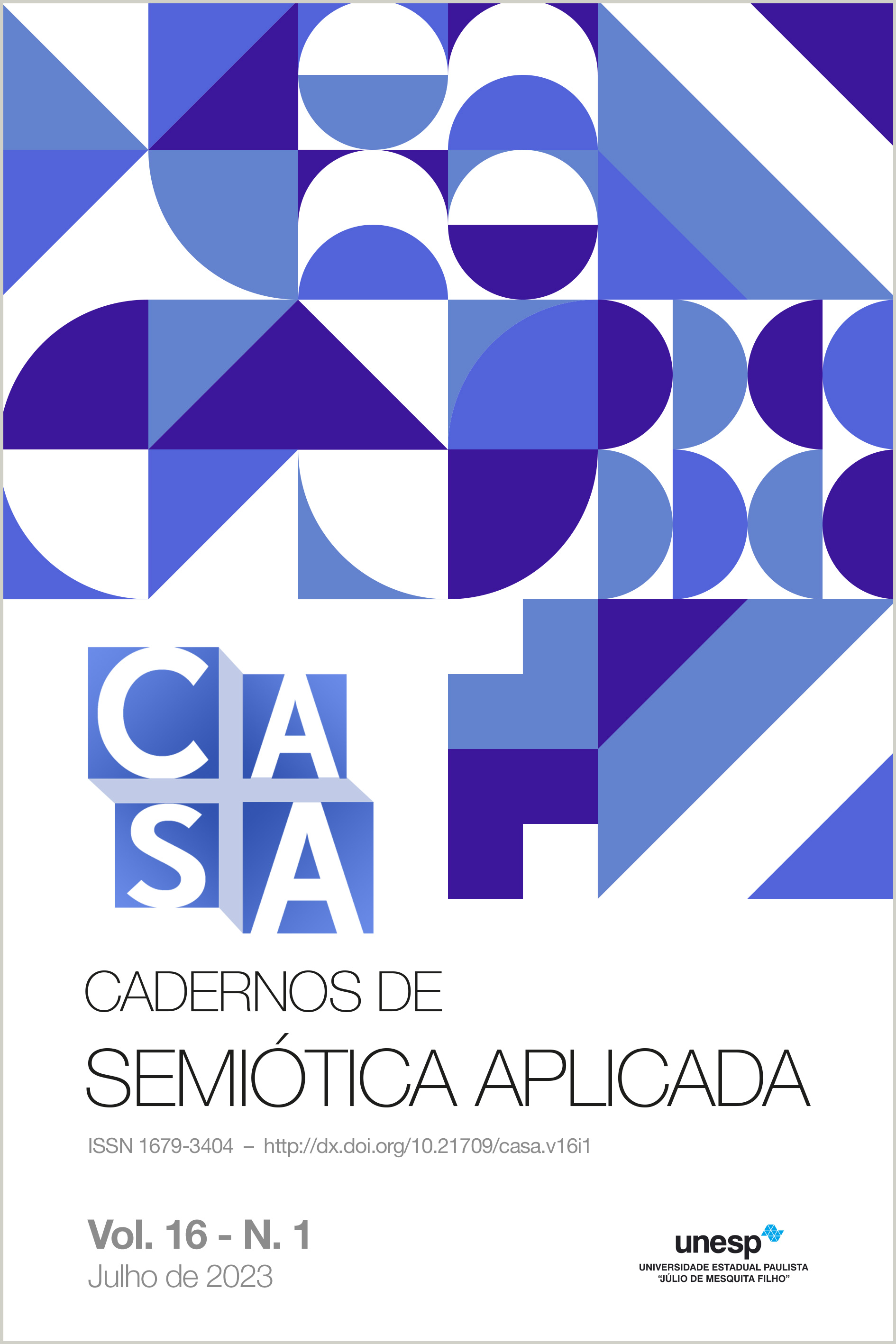INDIANIDADE GENÉRICA E CIDADANIA COMUNICATIVA: A IDENTIDADE INDÍGENA NA ETNOCOMUNICAÇÃO RORAIMENSE
GENERIC INDIANITY AND COMMUNICATIVE CITIZENSHIP: INDIGENOUS IDENTITY IN RORAIMA’S ETHNOCOMMUNICATION
DOI:
https://doi.org/10.21709/casa.v16i1.17741Keywords:
Indigenous Identity. Generic Indianness. Communicative Citizenship.Abstract
The purpose of this study is to understand how the Indigenous Movement of Roraima, through its ethno-communication practices, subverts generic Indianness to overcome a feeling of subalternity historically associated with traditional peoples in Brazil. Therefore, in an attempt reflect the dynamics of domination and resistance engendered through the communicational space and to point to cultural identities as forms of expression of citizenship, we take as a starting point the discussions on media imperialism, communicative citizenship and processes of recognition and identification. Finally, the research is based on a descriptive analysis of the strategies of subversion of indigenous identity in the ethnocommunicative practices of the Indigenous Council of Roraima (CIR), representative of the indigenous movement in the region. As a result, the research indicates that the term “indigenous” is appropriated by the original populations to refer to a multi-ethnic movement that shares a common history and political project and that marks its existence as a citizen subject.
Downloads
Published
Issue
Section
License
Copyright (c) 2023 CASA: Cadernos de Semiótica Aplicada

This work is licensed under a Creative Commons Attribution-NonCommercial-NoDerivatives 4.0 International License.
The authors of the approved papers agree to grant non-exclusive publication rights to CASA. Thus, authors are free to make their texts available in other media, provided that they mention that the texts were first published in CASA: Cadernos de Semiótica Aplicada. Besides, they authorize the Journal to reproduce their submission in indexers, repositories, and such. Authors are not allowed to publish the translation of the published paper to another language without the written approval of the Executive Editors. The authors are totally responsible for the content of the published work.

